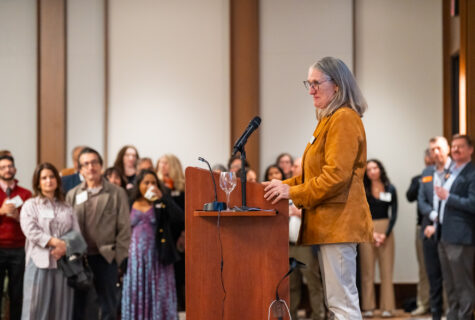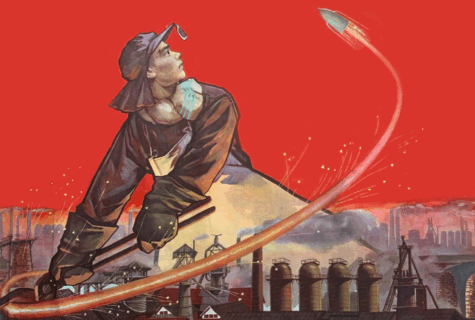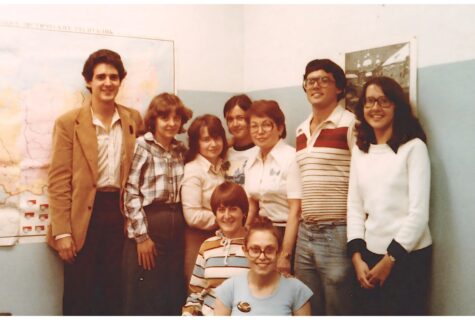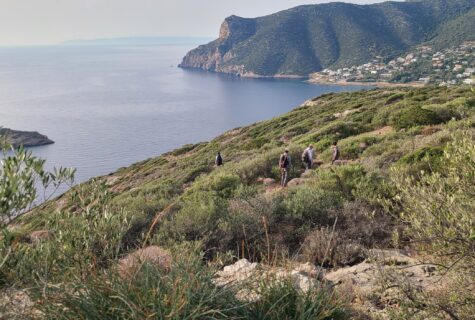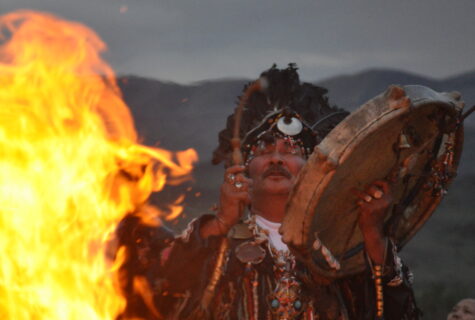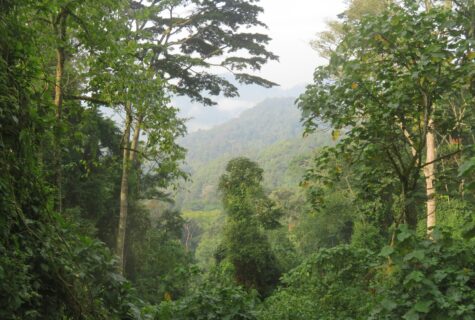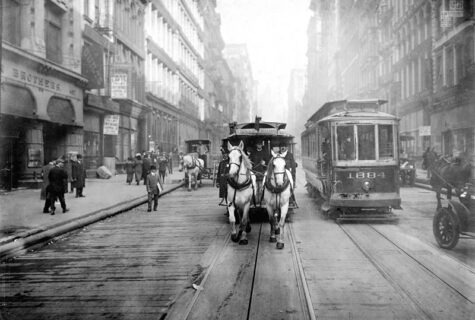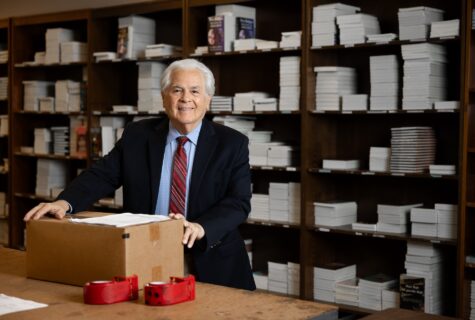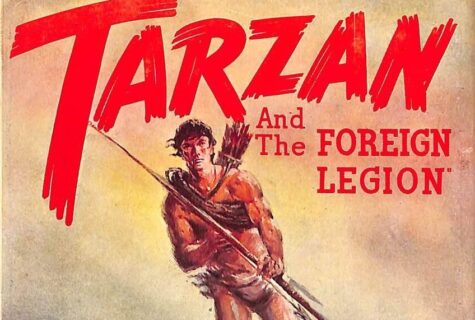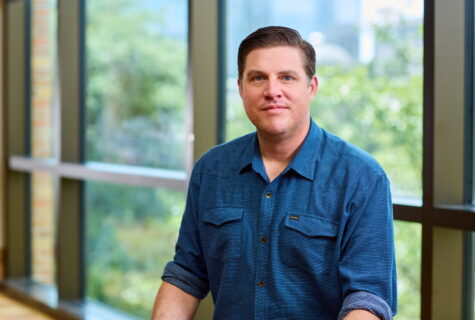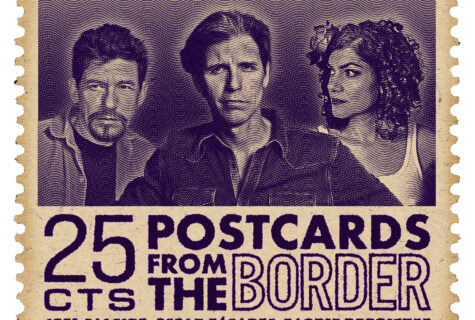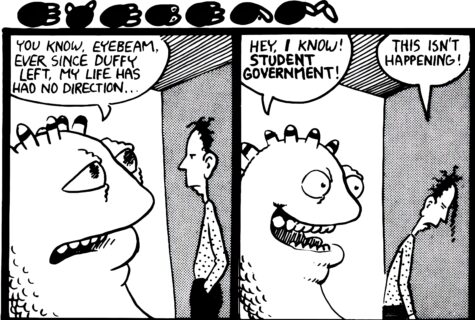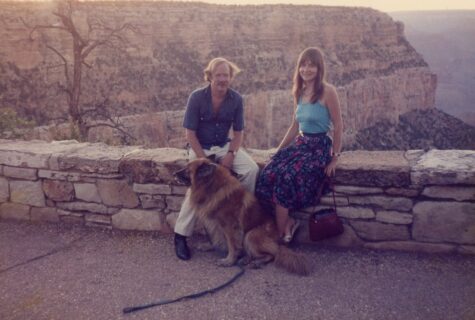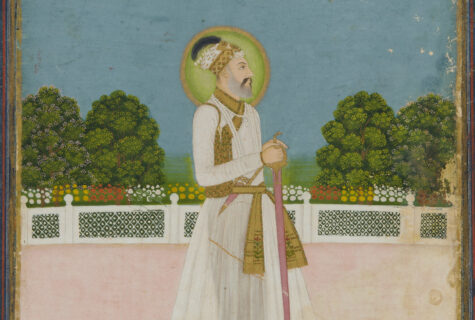At the celebrated honors program’s recent anniversary celebration, there was a clear message: There’s more where this came from
Features
The Hidden Life of Maoist Factory Workers
Huaiyin Li reveals the reality hidden under layers of political propaganda and critique
To Russia with Love
Thomas Jesús Garza reflects on four decades of travel to a changing nation
Between Dionysus and Athena
Understanding the ancient world through its food and wine
Tuva or Bust
Jason Roberts on Siberian shamanism, or how to cross a river on a roll of plastic wrap
Economics of the Unconscious
Economic sociologist Daniel Fridman on what Americans can learn from Argentine
therapists
People of the Park
Brenda Boonabaana draws lessons from Uganda’s ecotourism industry
The Horse and the Whale
Janet Davis on how animals tell the story of American development
The Cenote of Latino Literature
Nicolás Kanellos has devoted his life to unearthing and showcasing an unprecedented body of U.S. Latino literature
A Citizen of the Arts
James Cox gives Cherokee playwright Lynn Riggs his due
When Tarzan Fought the Japanese
Brian Hurley delves into the archives to bridge the literature and thought of Japan and the West
Carmen, Chameleon
Jennifer Wilks tracks an opera heroine’s many guises, from Bizet to Beyoncé
How to Think Like a Roman
Andrew Riggsby blends classics with cognitive science
A Gift for Real Dialogue
With a gift to the College of Liberal Arts, Carl and Tamara Tricoli have created opportunities for students to engage in challenging but invaluable conversations
The Mentor Mindset
Psychology professor David Yeager on how to speak so young people will listen
A Man Obsessed
Oscar Cásares brings the border to the stage
1984 In Their Words
Seven 1984 alumni share about their time on the Forty Acres
Hank the Hallucination Runs for President
Hank was, admittedly, not a perfect political candidate. But he just may have been perfect for his time and place — namely, early 1980s Austin.
How Austin Became the Live Music Capital of the World
The slogan became official in 1991, but the city’s reputation as a music mecca has its real roots in the early 1980s
“It’s Always Our Decision Who We Are”
Bob Solomon and Kathleen Higgins’ ‘80s Love Story
A Defining Moment
1984 marked a turning point in the anti-apartheid movement at UT Austin
Crossword: 1984 Is Anybody Watching?
For our special “Class of 1984,” we asked Kyle Mahowald, assistant professor of linguistics here at UT, to construct a crossword puzzle
Kingship, Godship, Scholarship
Azfar Moin locates the roots of secularism in the sacred kingship of Emperor Akbar
Poetry, Goats, Revolution
Oksana Lutsyshyna’s new novel explores a little-known Ukrainian protest movement and the weight of change
Democracy Then
Classicist Naomi Campa on how studying the past can illuminate the present.
